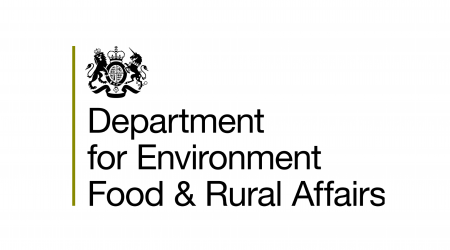Big hit on a small-scale for black-eyed peas

What have Black-eyed peas got to do with nanotechnology?
As well as sharing their name with a chart-topping U.S. band, Black-eyed peas (also known as Cowpeas) are being used by scientists at the John Innes Centre to grow virus particles that can be decorated with a chemical turning the particles into a kind of molecular capacitor.
Nanotechnology is the study of tiny structures in the scale of 1/100,000 of the width of a human hair and crosses the disciplines of chemistry, biology and physics.
This work has been published in the journal “Small” and is the first piece of nanotechnology from the John Innes Centre.
The researchers at the institute are using a harmless virus of Cowpea plants because its tiny size and unique structure makes it an ideal scaffold for decoration with various chemicals to give different characteristics, depending on the application required.
“This is an exciting discovery in bionanotechnology, at the interface of chemistry and biology, using plant viruses to produce electronically active nanoparticles of defined size” says Nicole Steinmetz, a PhD student working on the EU-funded project in the group of Dr Dave Evans in collaboration with Dr George Lomonossoff in the Department of Biological Chemistry, “Future applications may be in, for example, biosensors, nanoelectronic devices, and electrocatalytic processes.”
Professor Chris Lamb, said “The combination of expertise from different disciplines, in this case plant virology and chemistry, is one of the strengths of the John Innes Centre, with long term fundamental research programmes underpinning exciting innovations that can lead to discoveries such as this.”
This project is still in the very early stages, but the scientists hope that this groundbreaking research will lead to the development of the technology for use in medical as well as industrial applications.

